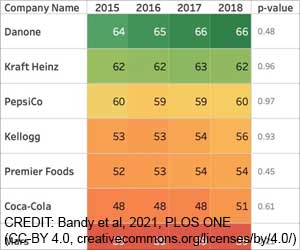However, these participants had shown high rates of vitamin D deficiency, which could have long-term health impacts not captured in the study, according to researchers.
Almost 74.6% of participants had insufficient or deficient vitamin D levels, with that figure rising to 93.4% among ethnic minority participants.
“These very high rates of vitamin deficiency and insufficiency may have longer-term negative health impacts which we have not measured, so raising awareness of the need to optimise vitamin D in people with psychosis is important. Future public health strategies should acknowledge the high risk of vitamin D insufficiency and deficiency in people with psychosis and consider any reasonable policy adjustments which may be needed to address this over and above general population guidance,” says the study’s lead author Professor Fiona Gaughran, Professor of Physical Health and Clinical Therapeutics at the Institute of Psychiatry, Psychology & Neuroscience, King’s College London, and Consultant Psychiatrist at the National Psychosis Unit at the South London and Maudsley NHS Foundation Trust.
Source: Medindia



